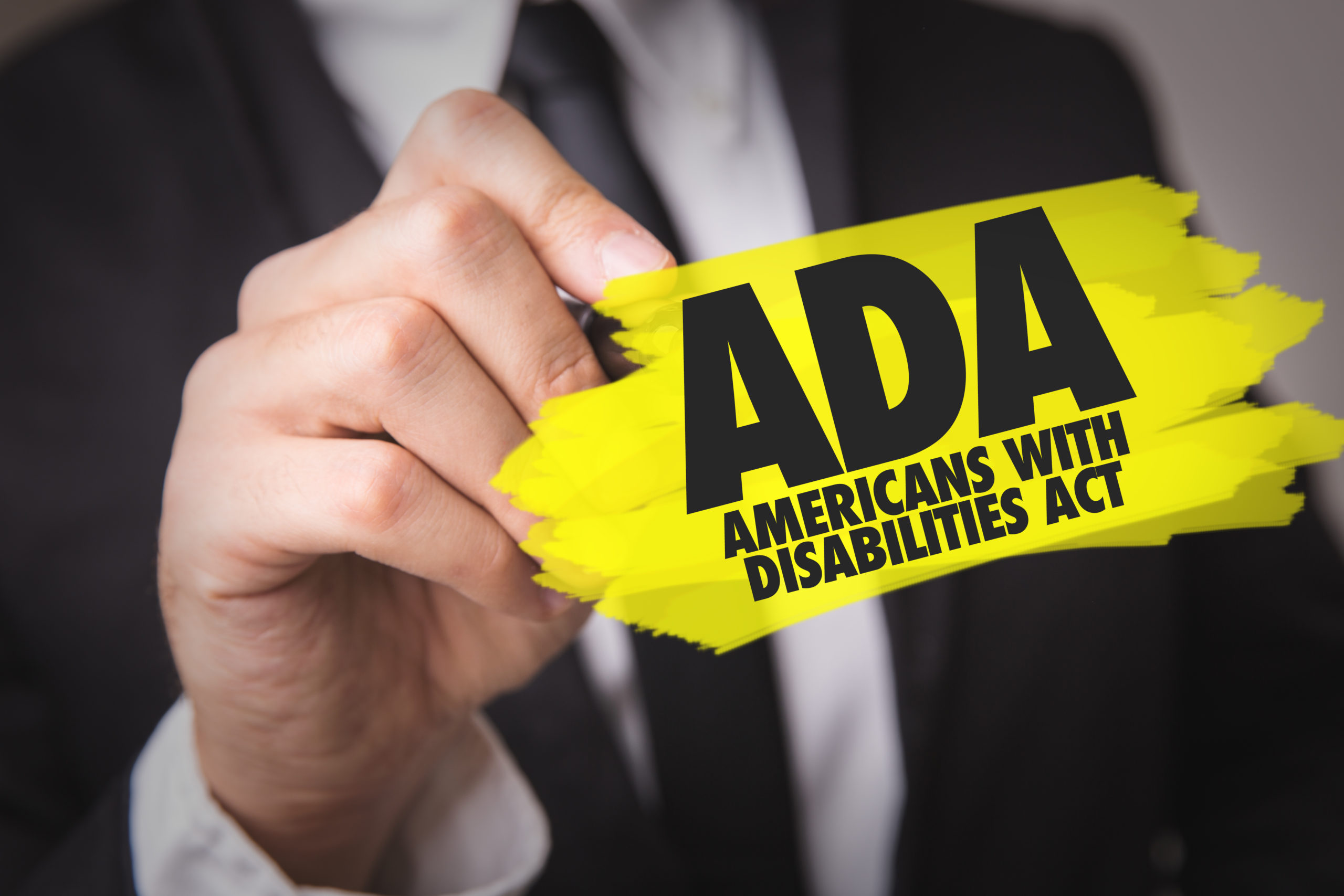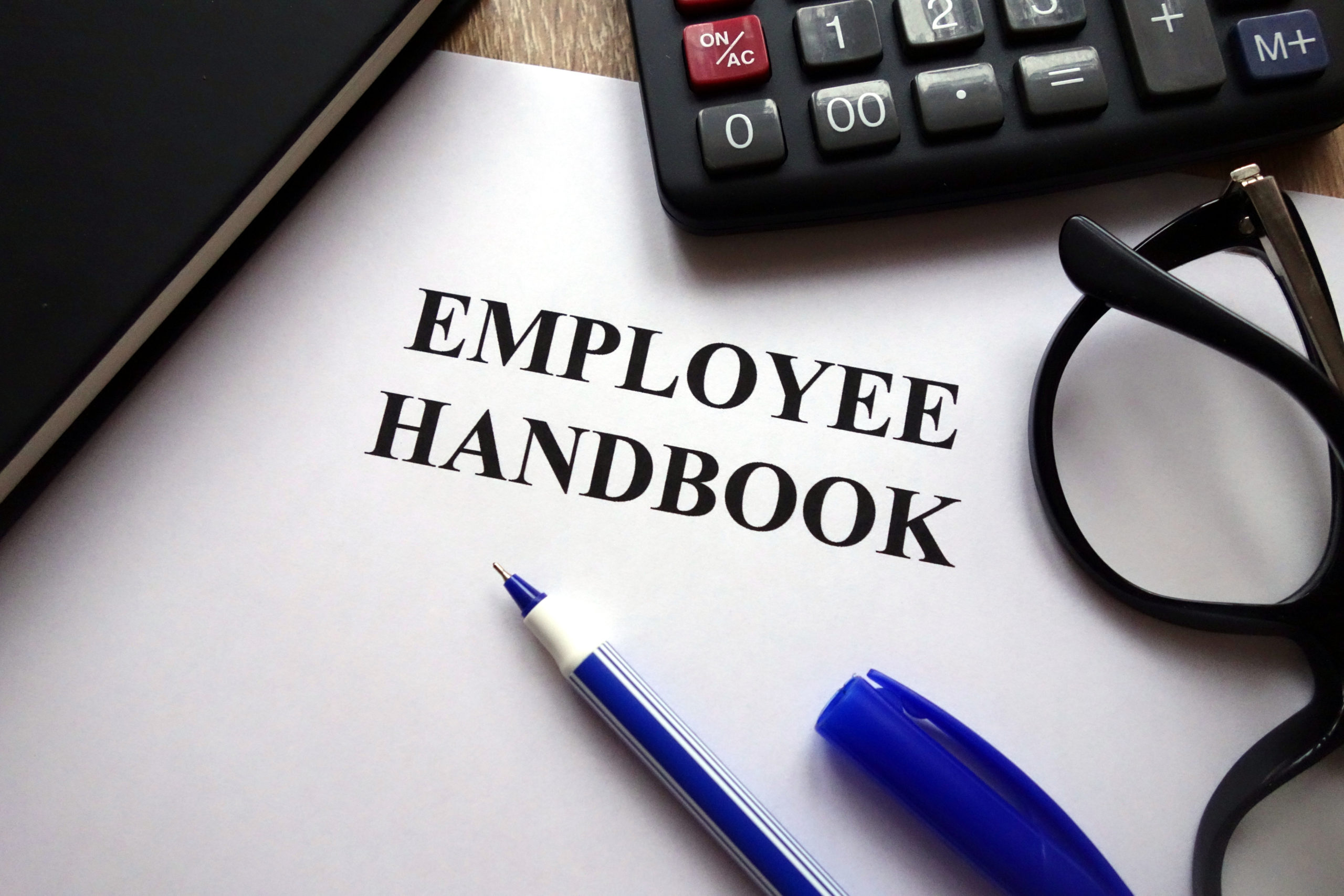California once again has set the table for the rest of the country by enacting the strictest employment discrimination statutes for workers that suffer from a disability. According to California law, disability discrimination represents the improper treatment of a worker based on the worker’s mental and/or physical impairment.
Employers that have at least five employees are prohibited from discriminating against workers because of the following:
- Mental impairment
- Physical impairment
- Medical condition
- Genetic condition
Workers that are eligible for protections granted by California law must prove they can perform the basic duties of a job. If an employee needs some form of accommodation to work, the employer must provide the accommodation. The only exception to the accommodation rule is if an employer can prove the accommodation is cost-prohibitive.
Protections Granted to Disabled Workers
California workers that work with at least one disability receive legal protection under two influential employment discrimination laws
- The California Fair Employment and Housing Act (FEHA)
- The federal Americans with Disabilities Act (ADA)

Federal government employees that work with at least one disability also receive the legal protections granted by the Rehabilitation Act.
Fair Employment and Housing Act
Passed into law five years before the landmark Civil Rights Act of 1964, FEHA is California’s version of the ADA. Enforced by the Department of Fair Employment and Housing (DFEH), the FEHA expands the federal definition of disability by including genetic conditions. Employees that face discrimination because of a disability can file a complaint with the DFEH, which has implemented many regulations that prohibit discrimination in the workplace. According to the DFEH website, the regulations “ensure discrimination-free access to employment opportunities notwithstanding any individual’s actual or perceived disability or medical condition.”
Americans with Disabilities Act (ADA)
Enacted by the United States Congress in 1990, the ADA has established the standards that define a disabled worker and the types of accommodations that are considered reasonable. Most states use the ADA standards when drafting employment discrimination laws in the workplace based on disabilities.
The Equal Employment Opportunity Commission (EEOC) enforces the ADA, as the agency enforces other types of discrimination laws as well. Although disabled workers can file a complaint with both the DFEH and the EEOC, the DFEH offers workers a service that automatically forwards information to the EEOC. This service eliminates the need for workers to file two separate complaints.
FEHA vs. ADA
The California legislature enacted the FEHA in 1959, which was 31 years before the passage of the ADA. After the enactment of the ADA, the California legislature significantly revised the FEHA in 1992 by adopting several stricter regulations. Since the ADA does not discourage states from passing stronger employment discrimination laws, the FEHA has several provisions that do a better job of protecting the rights of disabled workers.
- The FEHA defines a disability using much broader language than the language used by the ADA
- Employees enjoy more protections under the FEHA
- Although the ADA limits the amount of damages awarded to an employee that faced discrimination because of a disability, the FEHA does not place any limits on how much money a disabled worker can recover
- The ADA applies to employers that have 15 or more employees, while the FEHA applies to employers that employ just five workers
- The definition of “reasonable accommodation” is broader under the FEHA
Because of the differences, a disabled worker who wants to file a discrimination claim should start by filing a complaint with the California DFEH.
Workers That Receive Protections
California law covers three classes of workers that face discrimination because of a disability.
Employees
For legal purposes, an employee is an individual that works under the control and direction of an employer. To qualify as an employee, a worker must receive compensation from the employer, with both parties engaged in an apprenticeship, an implied agreement, or some type of work appointment.
Job Candidates
FEHA applies to job candidates the same way that the discrimination law applies to employees. An employer cannot discriminate against a job applicant because the applicant lives with one or more disabilities. Any employer that refuses to hire a job candidate because of a disability faces a potential fine levied by the DFEH.
Independent Contractors
One of the reasons why the FEHA has broader standards for defining disabilities and reasonable accommodations is because the California law applies to independent contractors. An independent contractor is a professional that completes work without the supervision of an employer. Independent contractors also have control over workflows and what they accomplish.





